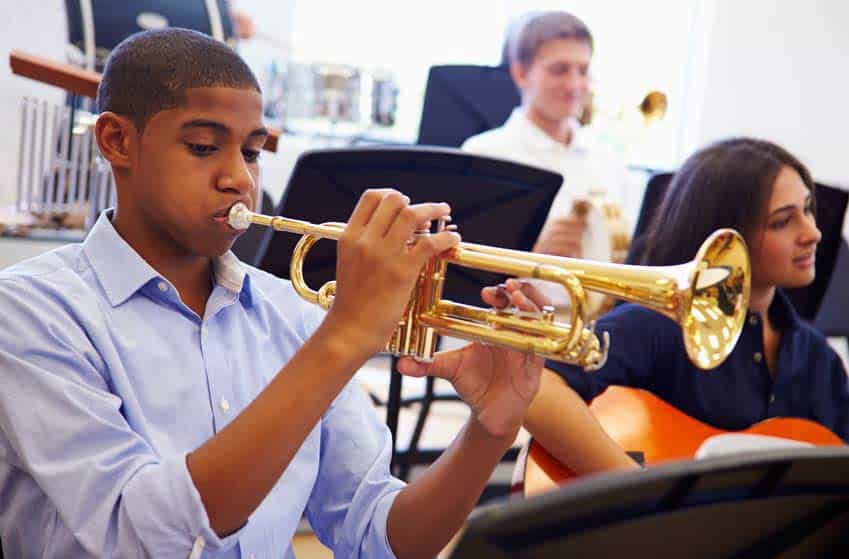Applying for college can be one of the most intimidating and stressful times of a young person’s life. There are upcoming deadlines and hundreds of pages of forms to fill out. There are what may seem like a million little pieces of information required for each application being submitted (and nothing can be forgotten, or else you may ruin your chances of being accepted).
Sometimes, the worst part of the entire process is realizing that not enough has been done to be competitive, and by this point, it’s too late.
Kids should absolutely have time to be who they are, have fun, and not worry about the future, but there are plenty of young people who could be doing more to prepare for college. If you are looking to go to school to be a full-time musician, you should be thinking about what will make you a great candidate years before you begin filling out your first application.
Everything and anything you can claim to have done in the years before college will help you look like a more well-rounded, serious, excellent choice for any admissions office. That’s especially true when it comes to schools requiring skills beyond just education.
If you have taken lessons, classes, performed in any way, or really done anything musical in your life, you should find a way to showcase this to the people who will be looking at your transcript and essays, and who will likely look you up online.
Advanced courses, whether they are in Performance, Theory, History, or anything else connected to music, will make you look wonderful and they will surely help you stand out among a competitive group that could feature thousands of other students.
